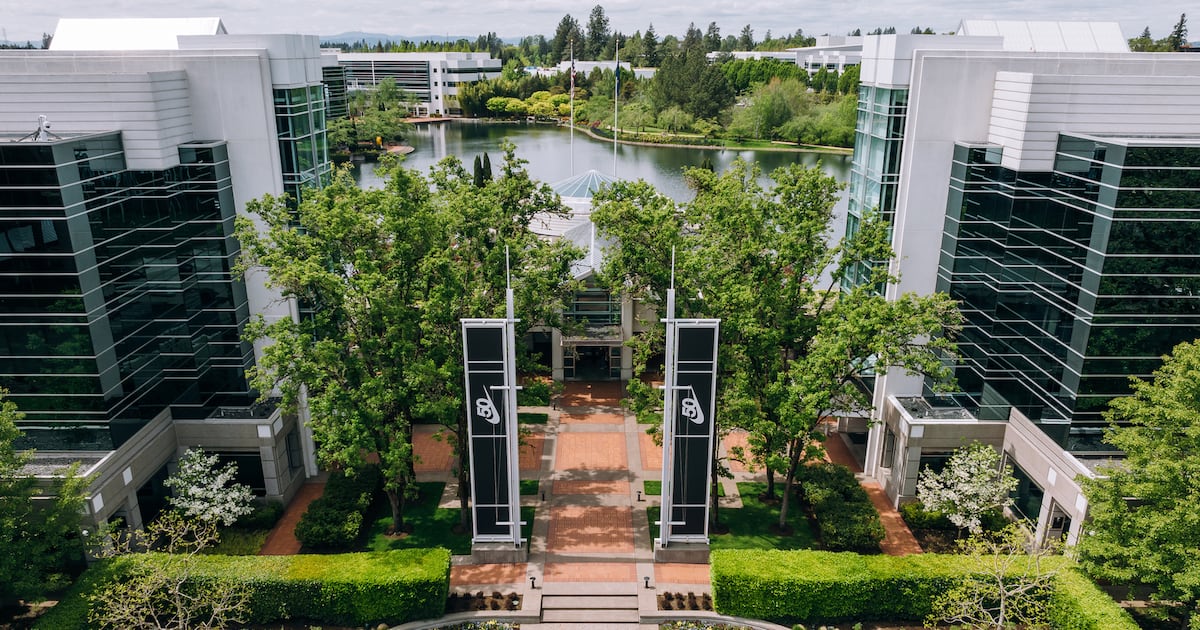
Nike shareholders have voted against a proposal to consider joining binding agreements with supply chain workers to better address human rights issues in high-risk countries at its annual meeting, the company said on Tuesday.
The proposal was moved by an investor group led by Domini Impact Equity Fund, which was among more than 60 investors to sign a letter last year urging Nike to pay $2.2 million in allegedly unpaid wages to some 4,000 garment workers in Cambodia and Thailand.
A similar petition, led by investor Tulipshare, was put forward for a second year in a row urging the company to assess the effectiveness of its supply chain management, including looking into forced labour and wage theft-related concerns.
Shareholders also voted against the proposal on Tuesday. Last year, the same was rejected by nearly 80 percent of the investors who had voted.
Nikeâs board had recommended that shareholders vote against both the proposals. The company said it has established robust controls to identify and address labour issues throughout its supply chain.
The results are not legally binding, but a petition supported by a significant chunk of shareholders can often pressure a company to act.
Dominiâs proposal asked Nike to publish a report on the impact of adopting so-called worker-driven social responsibility, which creates binding agreements with workers on safety standards and remedies.
Domini also wanted Nike to explain why it has not joined the Pakistan Accord, a binding health and safety agreement between workersâ unions and brands, which peers including Adidas and Puma have signed.
Last week, Norwayâs wealth fund, Nikeâs ninth-biggest shareholder, backed the proposal, and also said it would vote against Nike executivesâ compensation, which it said had become excessive.
Shareholders ultimately supported the companyâs proposal to approve executive compensation. Nikeâs CEO John Donahoeâs compensation was $29.2 million for fiscal 2024.
Wall Street analysts have raised the possibility of a management shake-up ahead of the companyâs investor day in November following the sportswear makerâs forecast for a surprise drop in fiscal 2025 revenue.
Nike is struggling with an innovation lag and rising competition from brands such as Roger Federer-backed On and Decker Outdoorâs Hoka.
Reporting by Ananya Mariam Rajesh and Nicholas P. Brown; Editing by Sriraj Kalluvila
Learn more:
How Nike Ran Off Course
The American sportswear giant is experiencing its worst slump in a decade. New competition is part of the problem but according to industry insiders and athletes, many of Nikeâs wounds are self-inflicted: the results of disruptive restructurings, stalled innovation and uninspiring marketing.

